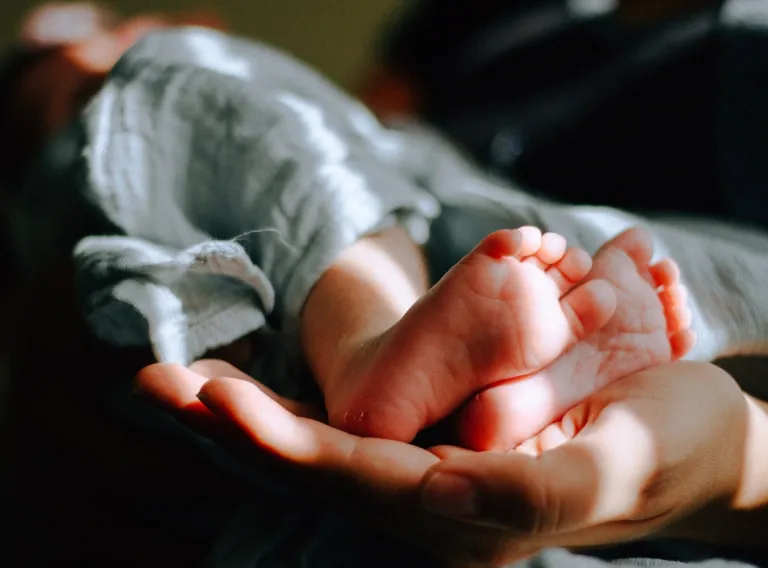
"Traumas related to childbirth can have a tremendous impact on women's experience of childbirth, and may even play a significant role in the experience of subsequent births if appropriate assistance and support are not provided," says Valgerður Lísa Sigurðardóttir, midwife and associate professor at the University of Iceland who has conducted extensive research on negative childbirth experiences.
Valgerður's doctoral project focused on childbirth experiences, and the development of treatment for couples with negative childbirth experiences. She particularly noticed that women who were students when they participated in the study seemed to be at greater risk of experiencing trauma or negative emotions during or after childbirth. Valgerður believes that the reason could be significant stress, as many are also working along side their studies while managing households and families.
Leading an international study in Iceland
Following her doctoral project, Valgerður had the opportunity to be part of an international research team with her colleague, Emma Swift. That study is called International survey of childbirth-related trauma, or INTERSECT. The research is conducted in over forty countries and aims to investigate women's experiences 6-12 weeks after childbirth. Valgerður and Emma have led the research in Iceland, and the translation of the questionnaire sent to women. They decided to send a similar questionnaire to partners, as was done in several other countries, to gain a clearer understanding of the consequences of trauma during childbirth on partners.
"We still have to complete the INTERSECT study, and the final results are not yet available as data was collected last year, and we received about 800 responses. Preliminary results indicate similar findings to my doctoral project, that around 5-6% of those giving birth each year experience some form of trauma or have a negative experience of childbirth. That's around 250-300 women per year," Valgerður points out.
Using various methods in her research, Valgerður finds it essential to evaluate for each study which research design is best to use. In conducting these studies, she utilized both qualitative and quantitative methods.
Three master's projects have been based on data from the INTERSECT study, led by Valgerður and Emma, revealing that trauma symptoms following childbirth can be associated with difficulties in breastfeeding and relationship formation.



